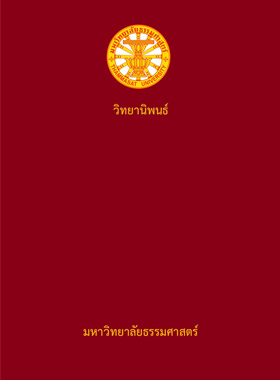
The Volenti non fit injuria doctrine is grounded on the legal concept that a person who knowingly and willingly runs into harm or a risky situation cannot sue based on any resulting injuries because the act was one to which he voluntarily consented.
In the Thai legal system, the court, apart from applying the injured person’s consent to discharge the defendant from tort liability, uses the judgments as their opportunity to lay down new rules and limitations in an effort to expand the scope of Volenti non fit injuria to provide justice to the parties.
However, there are some other issues remain entirely untouched by the court, not to mention the existence of contradictions and inconsistencies among the Supreme Court rulings. These led to the legal problems with consented residential evictions of tenants without a court order on which the Supreme Court decisions diverged. Namely the series of the Supreme Court decisions from B.E. 2480 to 2556 and the Supreme Court Decision No. 3379/2560. The inconsistency arising from the two established trends of the Supreme Court led to the highlighted issues of this independent study. First, whether the tenant s consent for the recovery of possession, is expressly prohibited by law or contrary to public order and good morals. Second, when the lease terminates or expires and the tenant refuses to leave the premises, whether the landlord’s self-help eviction would be a tort that results in liability for compensation if he acted on the tenant’s consent.
In responding to the above question, this independent study will examine the historical background of the Volenti principle and studies such legal issues in terms of comparative law. This independent study mainly stands on documentary examination from studying textbooks, articles, journals, academic opinions, information on the internet, judgments, and government publications both in Thai and English.
This independent study concludes that the tenant s consent for the recovery of possession is consent to an act that is contrary to public order and good morals and ineffective under Section 9 of Unfair Contract Terms Act B.E. 2540 (1997). This is because it is consent that allows private persons to enforce each other’s obligations by means other than the use of the State’s authority. Should the landlord carry out self-help eviction, the landlord will incur tort liability under the law of torts.
Lastly, the court shall deem any consent or agreement, which permits private persons to enforce their own rights and obligations, contrary to public order and good morals. In addition, the Thai justice system should be improved and further enhanced. Observations may be made from the most developed nations, such as America, England, or Germany, to serve as model solutions for the problems Thailand is currently faced with.









MARC Information